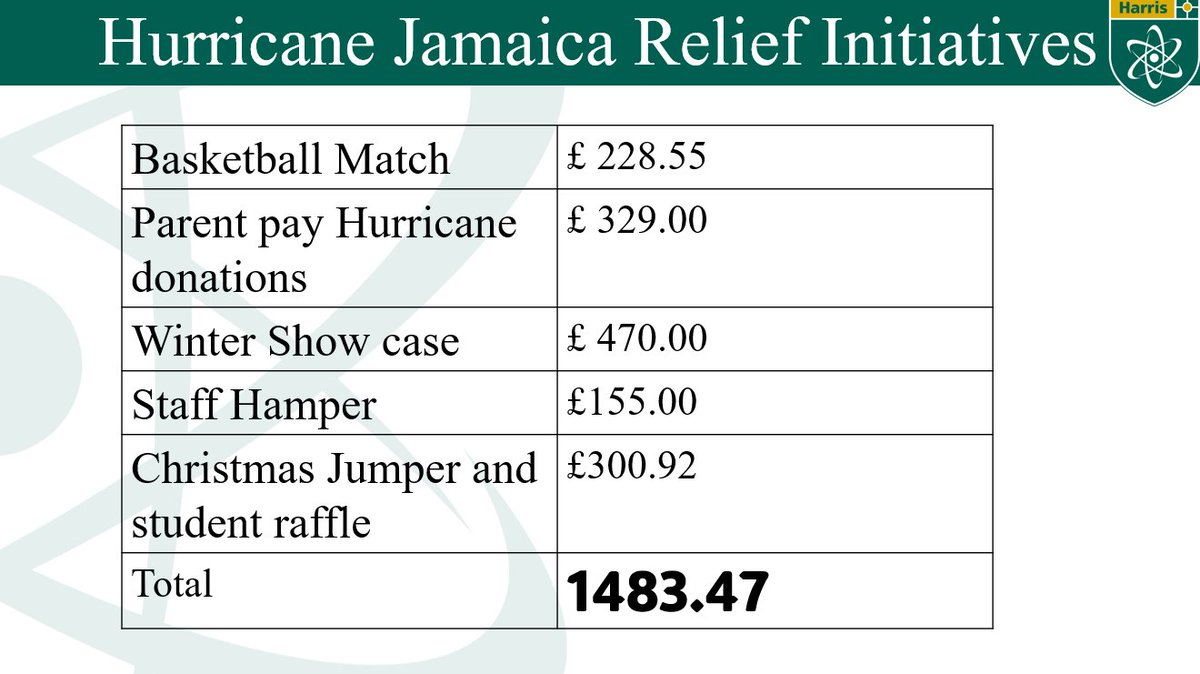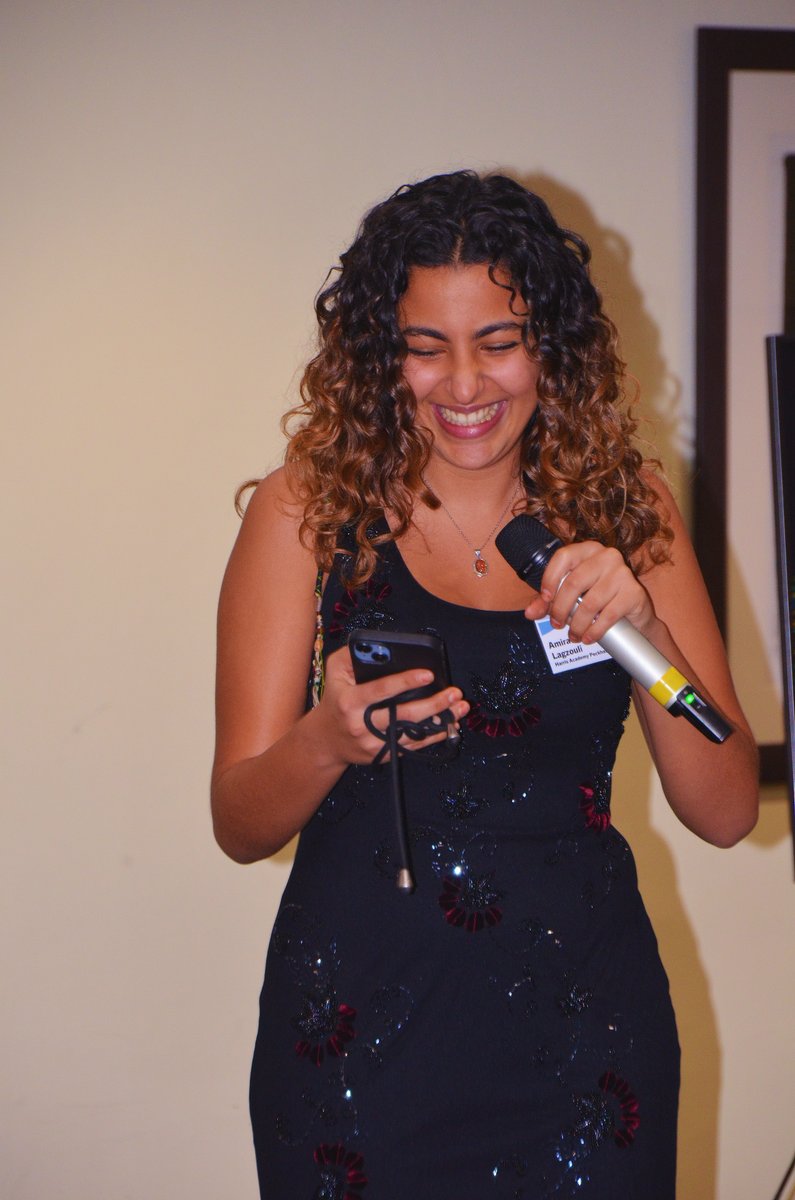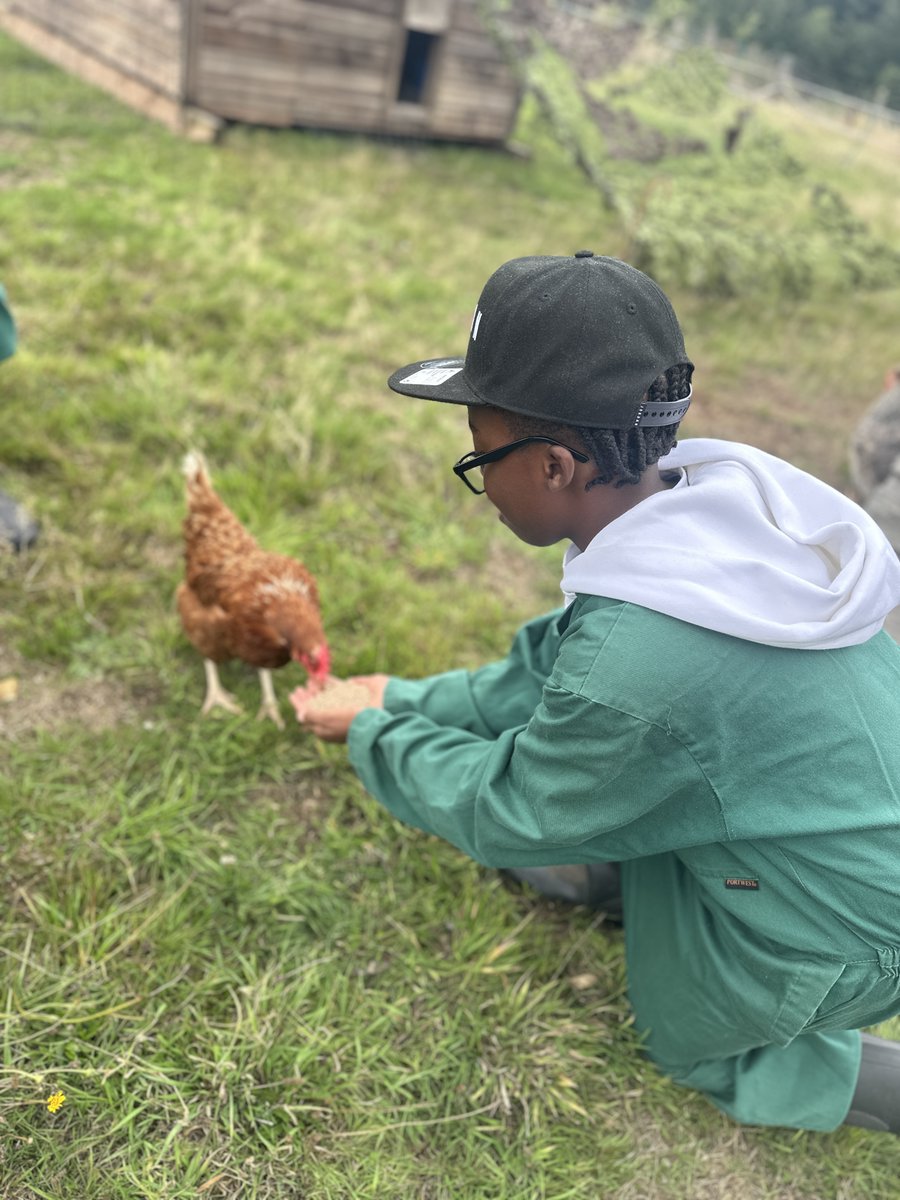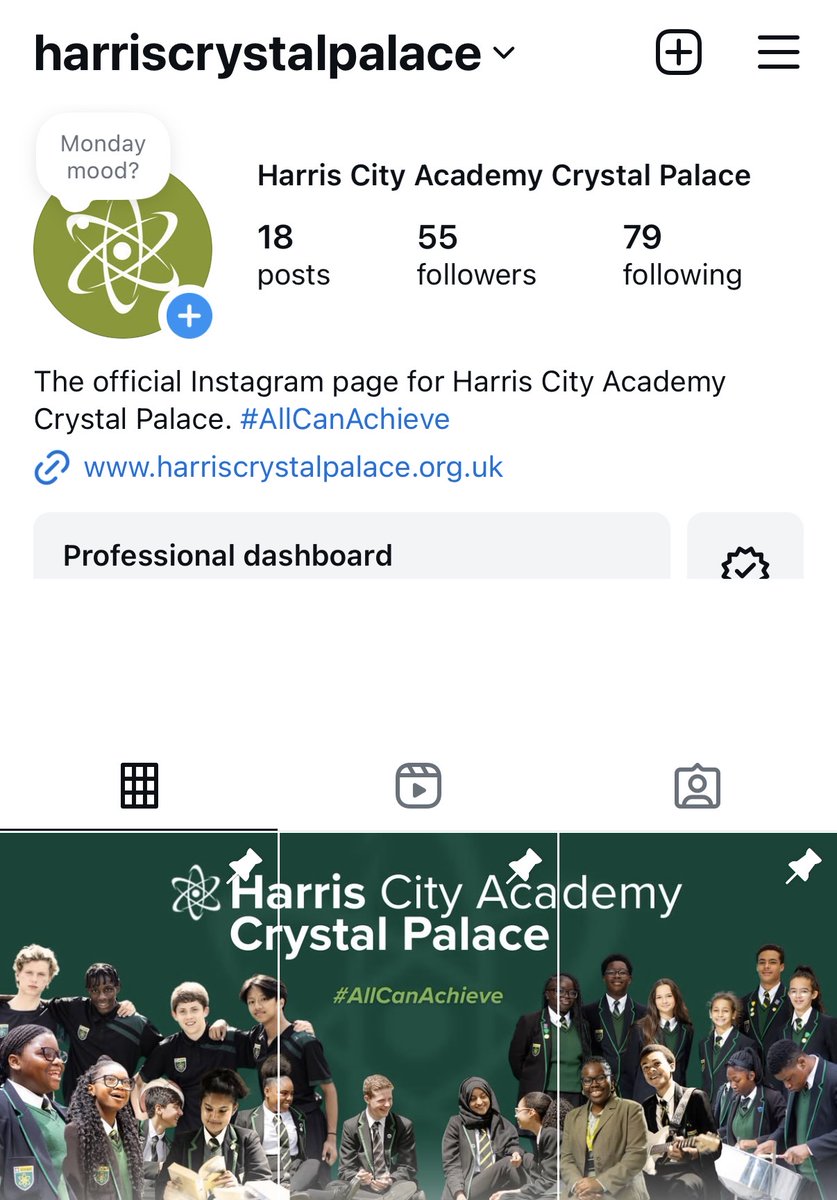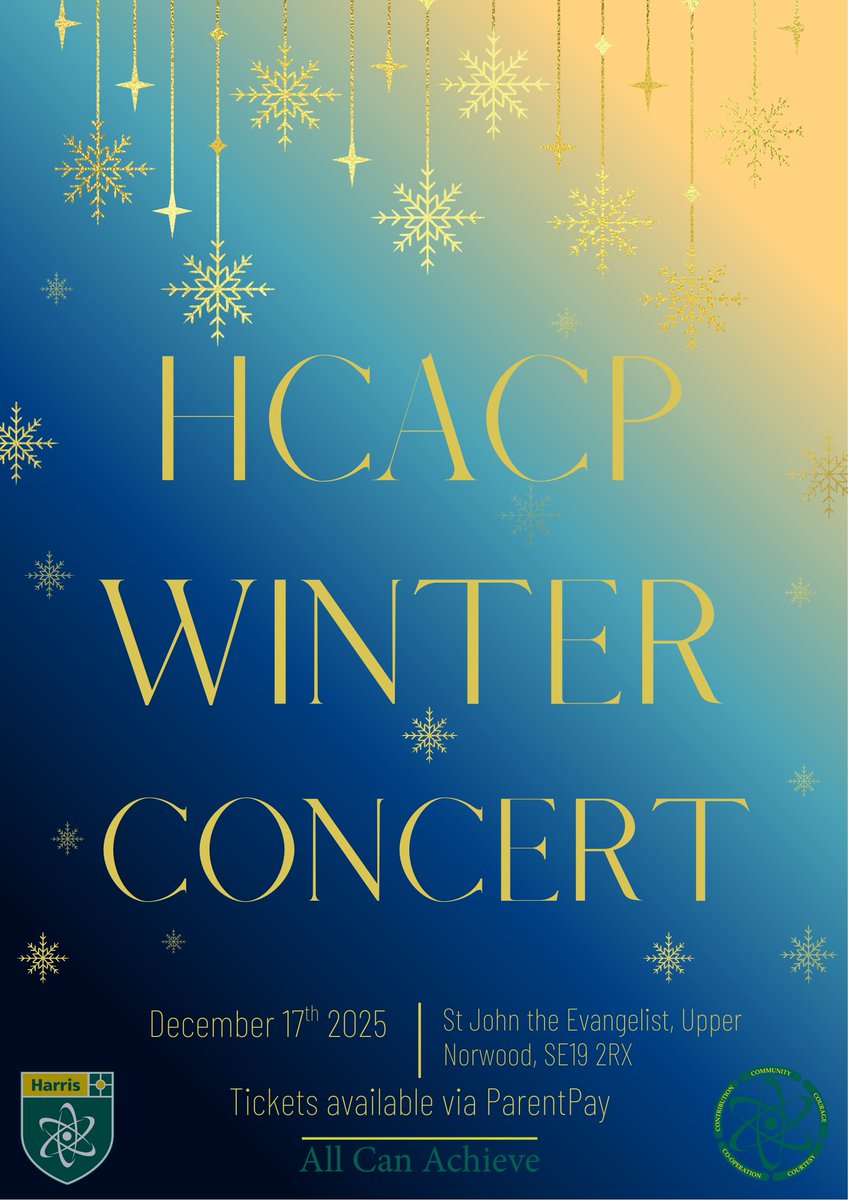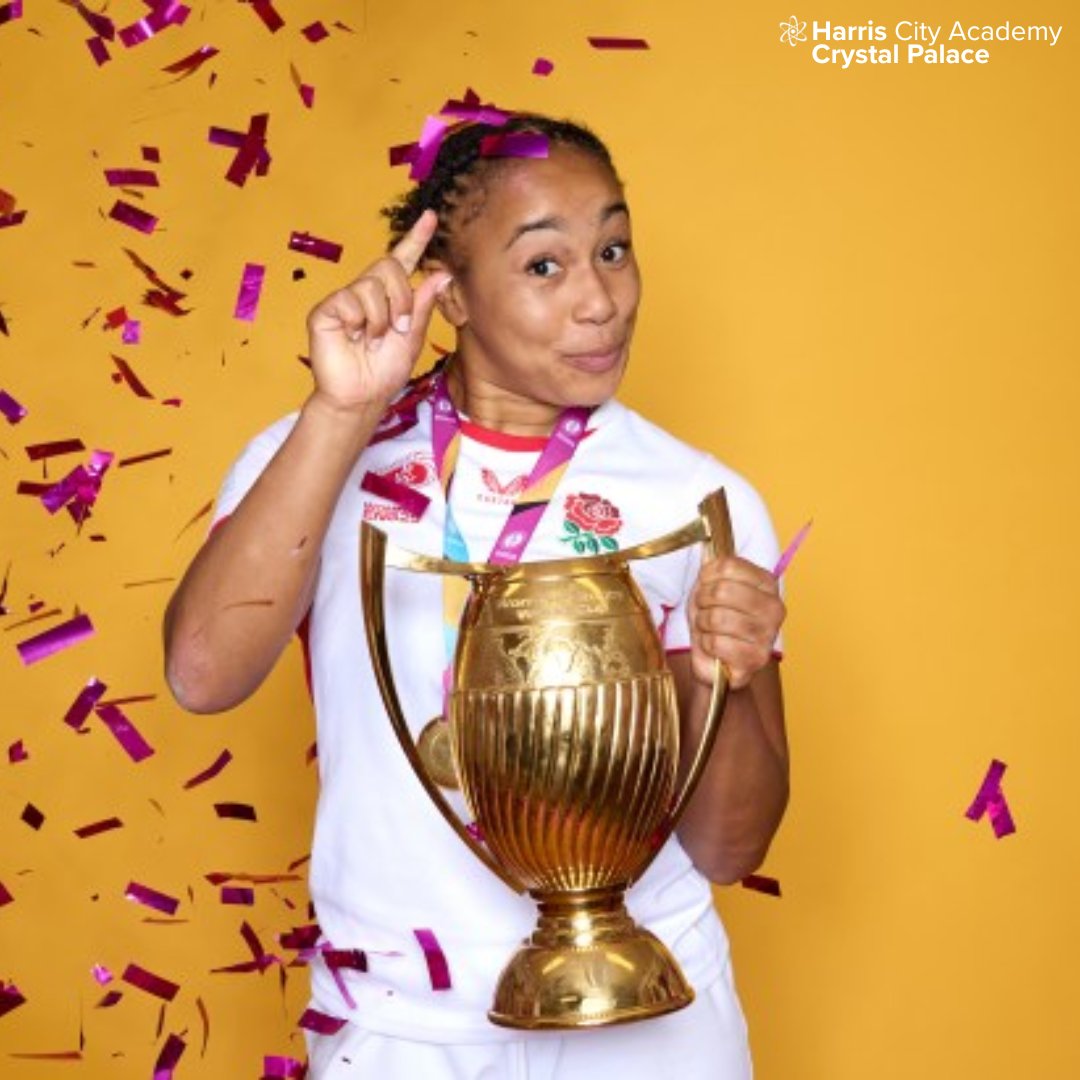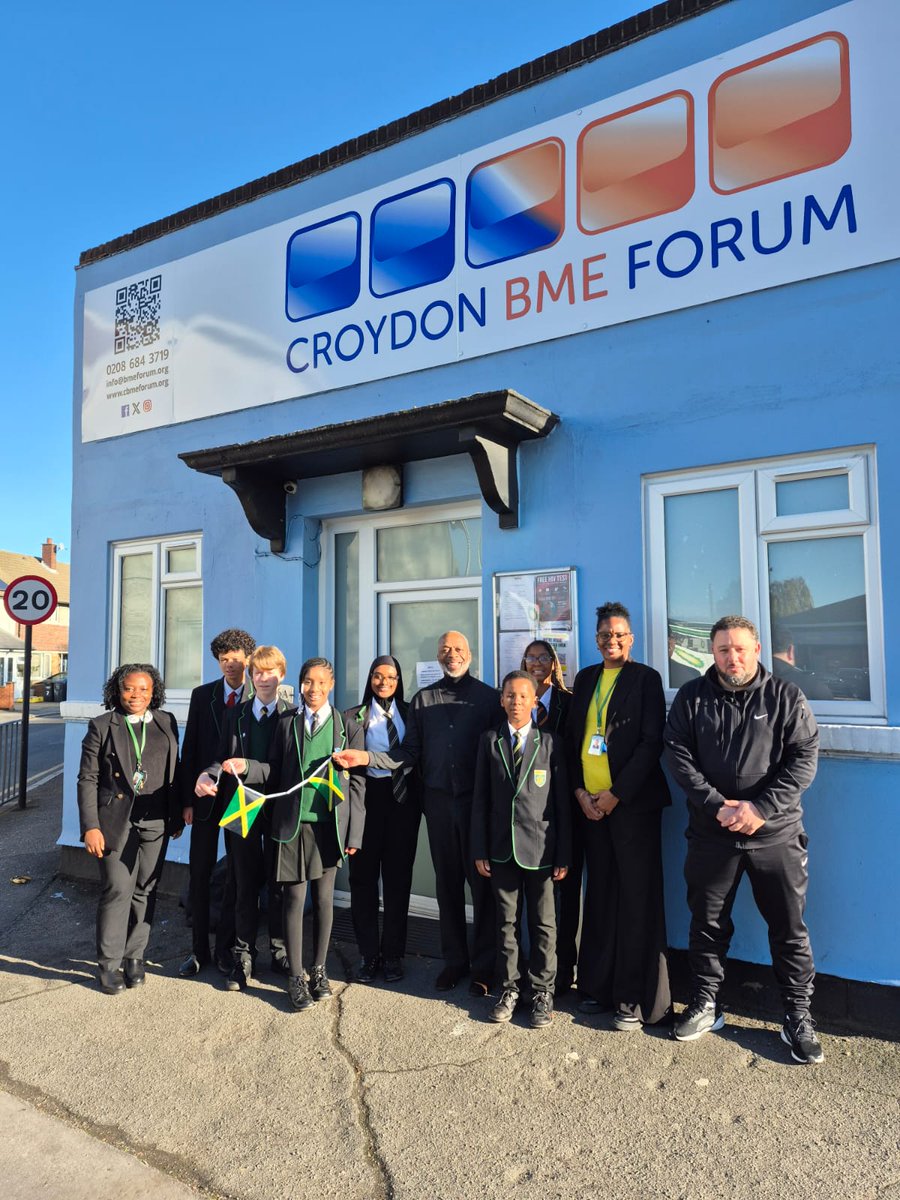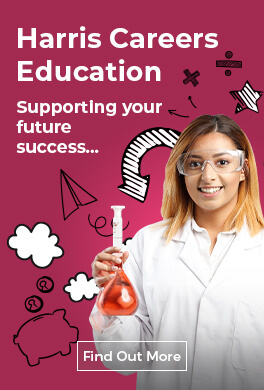Curriculum Intent
At Harris City Academy Crystal Palace our aim is ‘All Can Achieve’. Through our curriculum, we ensure that every student is able to reach their absolute best, regardless of their background or ability.
We aim to improve the life chances for all students and also, therefore, the local community within which they live. The intent of our curriculum is to provide students with the necessary foundations for success; we develop in students, the knowledge and attributes relevant, to achieve success as global citizens in the 21st century.
Human societies are diverse and complex and shaped by beliefs and actions. We seek to develop a high degree of racial literacy and critical thinking in our students which will enable them to have the knowledge, skills, awareness and disposition to critically discuss race, gender or bias and to challenge discrimination in all its forms.
"The ambitious curriculum and the impressive array of trips and activities prepare pupils for the next stage of their lives extremely well." Ofsted 2025
We expect our students to achieve their individual best academically and to develop the self-confidence and sense of purpose necessary for success in a highly competitive global society. Students achieve their best through our comprehensive curriculum which focusses on powerful knowledge and through the high-quality implementation of our curriculum; we ensure it is ambitious, knowledge rich and is both broad & balanced regardless of demographics or starting points.
The high expectations we have within the Academy drive opportunities for all of our young people. We are proud of the community in which we are located and we draw on our understanding of this to create challenging and stimulating lessons and activities as part of our curriculum.
"The expertly designed curriculum enables pupils to excel in their learning.Its careful attention to providing an extensive and meaningful set of courses advances pupils’ knowledge and skills very successfully." Ofsted 2025
Each subject has its own curriculum document which has been developed by our subject specialists. We have high expectations of subject knowledge from teachers so there is a commitment to providing regular, high quality, subject-specific training for all teachers during the year. All our teachers are encouraged to be researchers into their own subject discipline.
Harris City Academy Crystal Palace sits within the Harris Federation and this makes us collaborative. This collaboration of subject specialists and researchers means our students benefit from the very highest quality in teaching and the most powerful knowledge. We harness the expertise from within the Federation's academies, across primary and secondary phases, to develop a challenging and rich curriculum model.
Statement of principle
To provide all students with opportunities to access and engage with the best that has been thought and said, but also to help students comprehend that while knowledge is powerful it is also insecure, contested and evolving. We encourage our students to see themselves as scholars.
 Our aims
Our aims
The staff and governors of the Academy aim to provide a broad, balanced, relevant and differentiated curriculum that provides appropriate learning opportunities for all students regardless of age, gender, cultural background, ability or special educational needs. We aim to:
- ensure our students follow a knowledge-led curriculum with ambitious end-points, through which they know and remember more
- ensure literacy and numeracy are prominent within our curriculum and these act as a gateway to acquiring core knowledge
- provide a rich range of subjects (both academic and vocational) and develop students’ expertise within those individual subject disciplines
- empower students to use an enriched vocabulary enabling a better understanding of concepts and ideas, and facilitate access to knowledge beyond our students’ ordinary daily experiences
- expand students' cultural capital and the breadth of their vocabulary by exposing them to a variety of texts both fiction and non-fiction, a wide range of creative arts and thoughtfully-planned learning outside the classroom
- provide a rich and extensive extra-curricular offer to support the development of our students' character and prepare them for life as balanced, happy well-rounded individuals, who can succeed
- support students so they can develop and look after their mental wellbeing
The curriculum
Students follow a three year Key Stage 3 curriculum. This will mean that options will be taken in Year 9 for GCSE and vocational courses. This decision was made after careful consideration to ensure that students have mastered all of the key concepts in each subject area in Key Stage 3 before making their Key Stage 4 option choices.
All students will study:
- English
- Mathematics
- Science
- Physical Education
- Religion, Philosophy & Politics
- History
- Geography
- Art
- Computer Science
- Design and Technology
- Music
- French, Spanish or Mandarin (students will take one of these languages)
For students who are behind their chronological age in literacy and numeracy, catch up is provided.
Year 10 and 11 curriculum
All students study:
- English Literature and English language
- Mathematics
- Science (either separate or triology)
- Core PE
- History and/or Geography
- French, Spanish or Mandarin (all students continue with the language they have studied at KS3)
In addition, students will make a choice from the following options:
- Art and Design
- Business Studies
- Citizenship
- Computer Science
- Design Technology
- Drama
- Economics
- Food, Nutrition and Preparation
- History
- Media Studies
- Music
- Religion and Philosophy
- Sociology
- Physical Education
Further details of all subjects can be found on our subjects pages.
Literacy
All subjects are required to promote students’ literacy. The common requirement for all subjects states that ‘all pupils should be taught to express themselves clearly in both writing and speech and to develop their reading'.
 Spiritual, Moral, Social and Cultural (SMSC) development
Spiritual, Moral, Social and Cultural (SMSC) development
Students embed the core values of the Academy and are mindful of one another’s views, demonstrating tolerance to differences in opinions. We encourage students to be reflective learners, showing curiosity and a thirst for knowledge in order to improve as individuals. This enables them to develop holistically and become active participants in modern British life. This is a real strength in the Academy and is embedded in the curriculum through drop down ‘thematic days’ four times a year, tutor time activities, a debating programme, educational visits, student leadership, enrichment and the assembly programme.
The spiritual development of pupils is promoted exceptionally well. All students study ‘Religion, Philosophy & Politics’ at Key Stage 3, a bespoke subject in which students reflect on their own beliefs and those of others. Christianity, Islam, Buddhism and Sikhism are studied explicitly and other belief systems are examined through modules on ethics and metaphysics. The diversity of faiths represented in the Academy is rich, with students demonstrating respect for others' faiths, feelings and values. One of the ways this is reflected is through the Academy’s annual Carol Service at a local church and through the Academy homily during assemblies. Students learn about themselves and others through the ‘PXS’ personal extended project. All students study a full range of creative subjects at Key Stage 3 including Art, Music, Drama, Dance and Technology, allowing them to engage their imaginations and be creative in their learning.
"Whether it is the aspirational curriculum, pupils’ personal development or their readiness for the next stage, pupils’ achievements, including for disadvantaged pupils, are consistently excellent.” Ofsted 2025
The moral development of pupils is promoted through tutor time and our Assembly programme. A broad range of topics is investigated each year under themes which promote British values such as tolerance, respect, a moral compass and empathy. The Academy’s core values provide a shared language for talking about moral issues which is well integrated into the Academy’s vernacular. Assemblies are delivered by senior leaders, middle leaders and students as well as visiting speakers from organisations such as the Daniel Spargo Mabbs Foundation, Growing against Violence, Great Men, CEOP (a national crime agency) and a wide range of other partners. Students reflect on the difference between right and wrong, and they are equipped to apply reasoning and critical thinking skills to their own lives, based on a moral compass. All students study ethics explicitly, including different points of view about how to make ethical decisions, as part of Religion, Philosophy & Politics at Key Stage 3. Students reflect on their own moral decision-making through a focus on restorative justice integrated into our culture for learning.
 Character development
Character development
Character and a shared culture are developed through the Academy’s faculty system and inter-faculty competitions. The Academy strives to offer more chances for students, enabling them to have more choices in the future. The Academy achieves this by ensuring every student feels associated with their faculty and has the chance to succeed and show resilience in failure. Each faculty has its own identity, including a bespoke crest and motto. Students develop their character within their faculties in a number of ways including:
- Raising money for their faculty's nominated charity
- Being a member of the faculty ‘cabinet’ and whole-Academy student council
- Taking the opportunity to speak in public during assemblies
- Taking part and competing in inter-faculty competitions such as debating, sporting and culture for learning points.
PHSE and Citizenship is delivered in a variety of ways including:
- The tutorial programme
- Assemblies
- Thematic Days
- Within our curriculum
- By external agencies
Relationships and Sex Education is delivered in a variety of ways:
- Through the relevant programme of study in Science, PE and RPP
- Thematic days
- The tutorial programme
- By external agencies
You can see further detail on our personal development curriculum page.
Careers
The teaching and promotion of careers, in line with the Gatsby Benchmarks, is embedded within Academy life. This is achieved through a variety of ways:
- The tutorial programme, with one set day a week assigned to careers
- Weekly careers (employability skills) focus across the whole curriculum
- Thematic days
- Weekly 'career in focus'
- Work experience in years 10 and 12
- External speakers and trips
- Annual careers fair
- Careers mentoring (external agencies)
You can find further details on our careers page.
